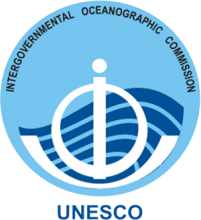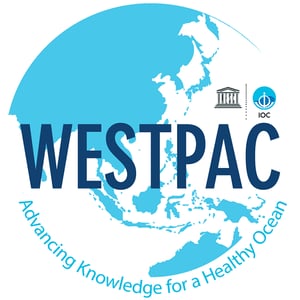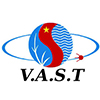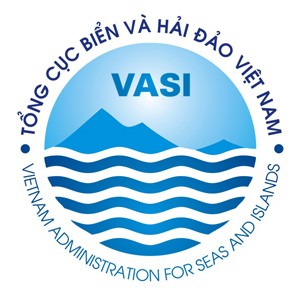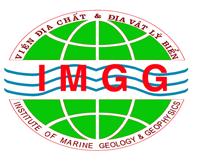Vietnamese Minister of Foreign Affairs Bui Thanh Son on September 20 signed the United Nations agreement on the conservation and sustainable use of marine biological diversity of areas beyond national jurisdiction, making Vietnam one of the first countries to sign the international-legally binding instrument under the 1982 United Nations Convention on the Law of the Sea (UNCLOS).
New York (VNA) – Vietnamese Minister of Foreign Affairs Bui Thanh Son on September 20 signed the United Nations agreement on the conservation and sustainable use of marine biological diversity of areas beyond national jurisdiction (the High Seas Treaty), making Vietnam one of the first countries to sign the international-legally binding instrument under the 1982 United Nations Convention on the Law of the Sea (UNCLOS).
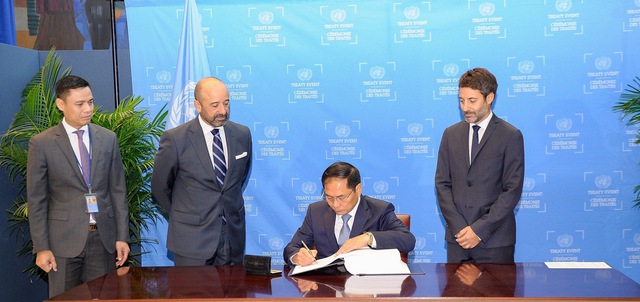
Vietnamese Minister of Foreign Affairs Bui Thanh Son signs the United Nations agreement on the conservation and sustainable use of marine biological diversity of areas beyond national jurisdiction (the High Seas Treaty)(Photo: VNA)
The signing of the agreement conveyed the message that Vietnam is a positive and responsible member of the international community as well as the country’s efforts to join hands with countries to deal with global issues, contributing to peace, prosperity and sustainable development.
More than 60 countries are scheduled to sign the agreement during the underway high-level week of the 78th UN General Assembly.
The ratification and signing of the deal is a historical milestone in the international community’s efforts in environmental protection during the implementation of the 2030 Agenda, especially the goal No.14 on preservation and sustainable use of oceans and maritime resources.
This is the third agreement negotiated and signed within the framework of the 1982 UNCLOS, reaffirming the role and importance of the convention as a legal framework for all activities at sea and in oceans.
The High Sea Treaty regulates the exploitation, sharing of benefits and conservation of marine genetic resources in international waters. This is a new potential resource, belonging to large sea areas accounting for more than 60% of the surface area of the oceans that do not belong to any country. Many areas at the bottom of the oceans have exceptionally rich ecosystems, with many rare and precious genes of high value for scientific research and great economic potential, especially in pharmaceutical and cosmetic production.
Currently, only developed countries and private companies possessing leading marine technologies and biotechnologies, with abundant financial resources, are capable of collecting marine genetic resources and developing applications that bring profits, while there is no international document regulating the obligation to share benefits and conserve these resources.
(Source VNA in New York)



